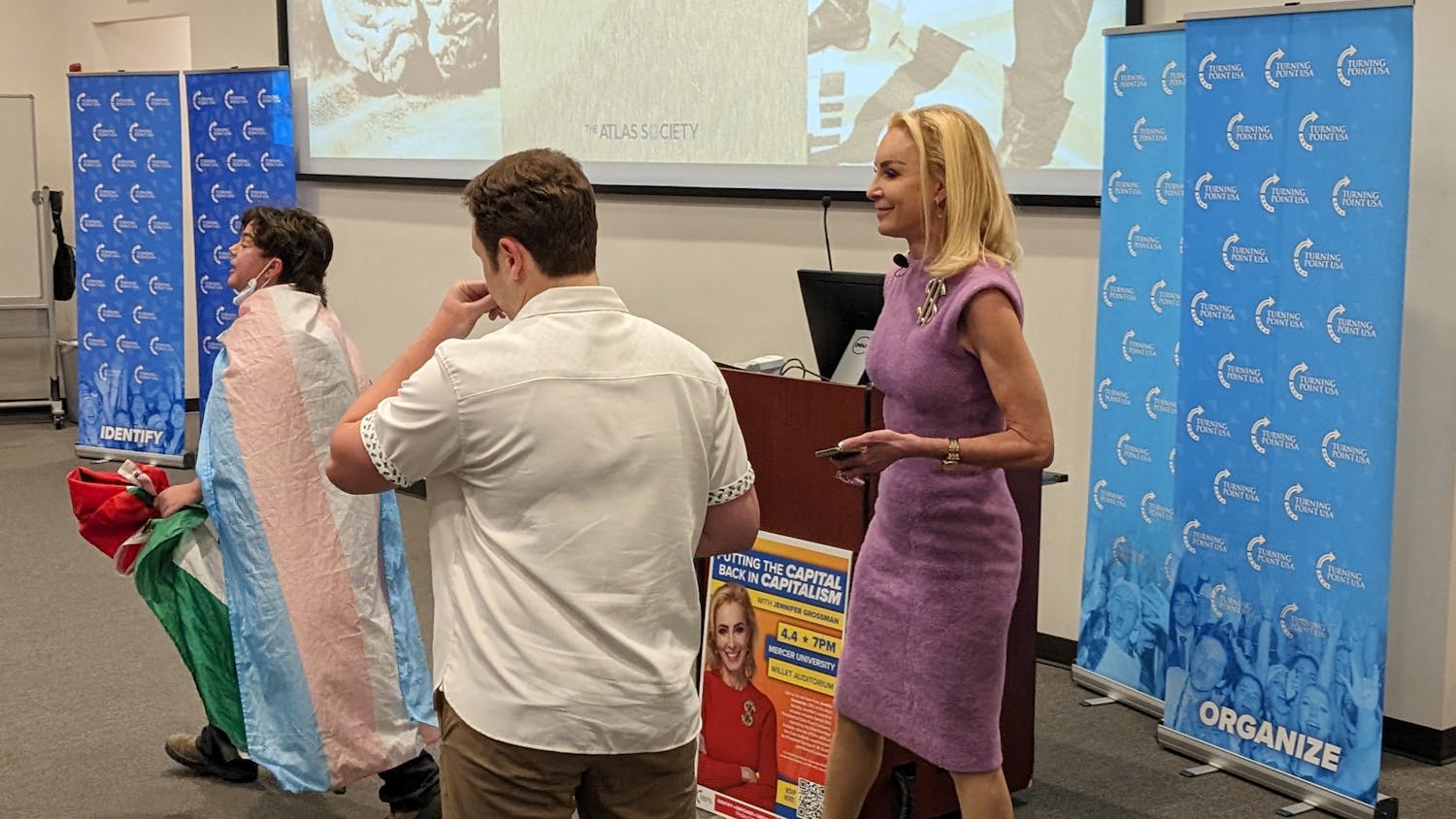Last Sunday concluded the Mercer Innovation Chase, a three-day competition held by the Mercer Entrepreneurship Engineering Education Program (MEEEP) where teams designed prototypes and proposed business models on a given topic. During the course of the event, two teams participated in rapid series of development and research labs followed by a presentation of their findings and immediate judging. The winners of the weekend will go on to compete in the Chicago Innovation Chase in September for the chance to win $2,500.
The Chicago Innovation Chase was created in 2008 by two Illinois Institute of Technology students, Adam Berg and Gustaf Josefson, who wanted to design a program which would put students through an accelerated business and design experience “like no other”. Since then, the Chicago Innovation Chase has swelled from eight universities in 2009 to 20 universities in 2010. This year the competition was redesigned so that schools emulated the Innovation Chase at a local level to act as semifinals and to consistently prepare teams for Chicago. This is why MEEEP and adviser Dr. Radharaman organized the Mercer Innovation Chase. The teams were prompted to develop a product or business model that would work to aid those affected by poverty and natural disasters.
Joseph Dunn, Joshua Smith and Ethan Garrett of “Team Entre” proposed a Residential Vocational Educational Center, or “RVEC”: a cross between a trade school and homeless shelter that offers residents the chance to earn certification in agriculture, welding, auto repair, cooking or typing.
“I volunteered in a soup kitchen for three years, and the same people would come in again and again,” Garret said. Team Entre hopes that incorporating the homeless and underprivileged into a permanent and stable community will reduce the need for other welfare options.
The second team was composed of Phi Delta Theta brothers Mark Benfield, Justin Griffis, James Edwards, Thomas Evans and Kyle Eastis. They designed and prototyped a portable, low-cost shelter that has a smaller carbon footprint than traditional tents. The shelter includes a plastic hygiene workstation as part of its structure, a feature unique to their tent.
Scott Nutgrass, a small-business owner from Warner Robins, acted as the final judge for Mercer’s Innovation Chase. “I thought both teams were very good,” Nutgrass said. “Even if they had a week, [going from] a broad concept to presentation in forty-eight hours? Good luck.” The judging was very close, with Team Entre receiving only .8 more points than Phi Delta Theta.




